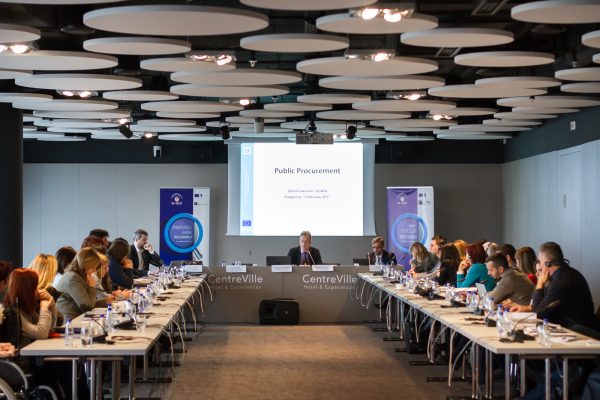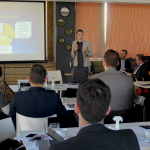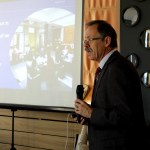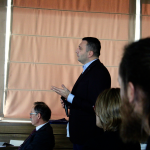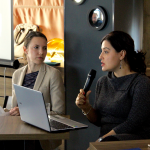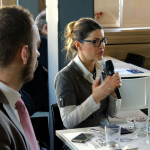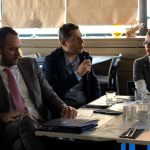Western Balkan Think Tankers and Civil Servants on a Study Tour to Slovakia and Czech Republic
On June 26-30, representatives of each of the TEN member organisations, together with civil servants from each of the Western Balkan countries, participated in a study tour to Bratislava (Slovak Republic) and Prague (Czech Republic), as part of the project “Raising capacities and advocacy potential towards more substantive involvement of CSOs of V4 and WB6”. The project is implemented by TEN and supported by the Visegrad Fund.
Participants had the chance to visit both the civil society organisations and the state institutions in charge of horizontal policymaking in the Slovak Republic and Czech Republic. In Slovakia, the visit was hosted by the partner organisation Slovak Governance Institute, whose director and senior researcher Mr. Ctibor Košťál welcomed the participants and introduced them into the Slovak context and presented the successful work of the SGI in Slovakia. The government’s experience in cooperating with CSOs was presented by Ms. Jana Kviečinská from the Office of the Minister, Ministry of Justice; Ms. Viktória Mlynarčíková from the Head of Development Cooperation Unit, International Relations Section, Ministry of Finance and Mr. Milan Andrejkovič from the Office of the Plenipotentiary of the Government for the Development of Civil Society. The practice of the civil sector was presented by Mr. Ján Hargaš from Slovensko.digital, Mr. Martin Kollárik from the Slovak Governance Institute, Mr. Pavel Hrica from the Pontis Foundation and Mr. Matej Hruška from the Stop Corruption Foundation. The interactive discussions served for gaining insights and ideas for improving the quality of the policymaking systems both in WB6 countries and in the Slovak Republic.
In the Czech Republic, the participants were welcomed by Mr. Michal Vit from the partner organisation EUROPEUM, who provided the introduction into the Czech context and presented their previous initiatives, projects and cooperation with the Western Balkan think tanks. The focus of the visit was placed on a very successful case of the Reconstruction of the State initiative, which was presented by Mr. Vít Šimral and Mr. Lukáš Kraus. In addition, participants had the chance to learn about a local initiative for better urban planning from Mr. Michal Volf from the NGO Břevnov, whereas the government experience was shared by Ms. Radana Kubová, Office of Goverment, and Mr. Jan Outlý.
The study tour focused on learning from the V4 partners about their legal and institutional framework for CSO involvement in policymaking, its enforcement, practical problems and obstacles for CSOs to effectively participate in policymaking. Slovak and Czech NGOs and state institutions shared their best practices, whereas a special focus was dedicated to the effects of EU membership to the quality of policymaking in Slovakia and Czechia and CSOs’ contribution in this respect. The study tour represented a significant opportunity to exchange views and experiences both among the colleagues from the WB6 with the civil servants as well as among the TEN representatives. In particular, the participation of civil servants, representatives of respective policymaking institutions from the Western Balkans, was aimed to raise knowledge of these individuals on comparative policymaking systems and contribute to cooperation between the state and civil institutions.






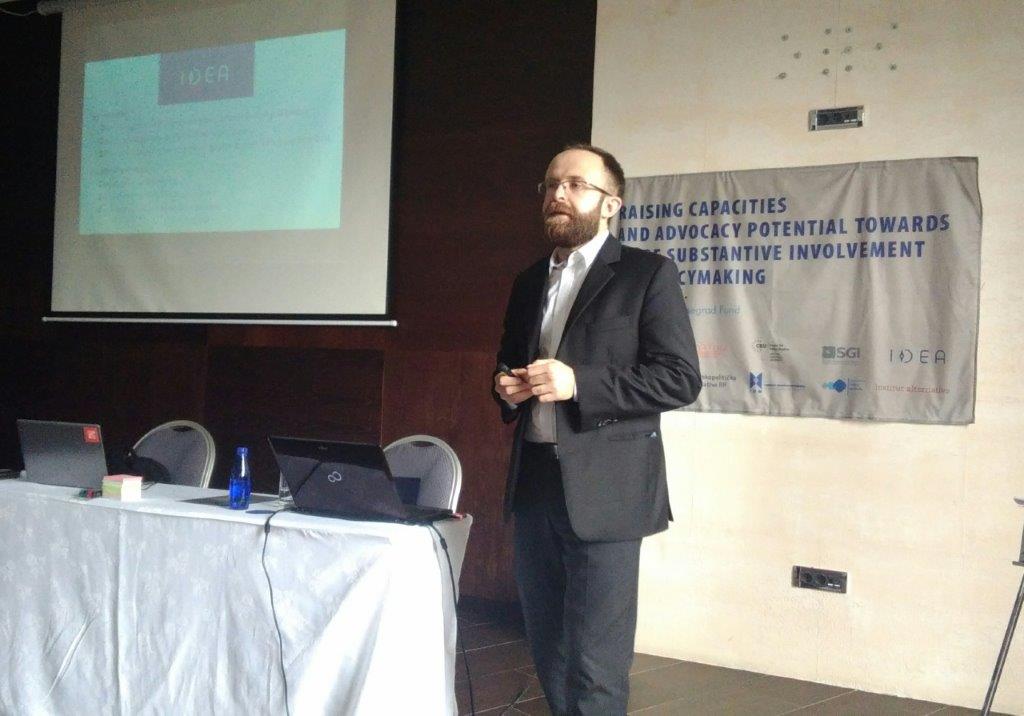
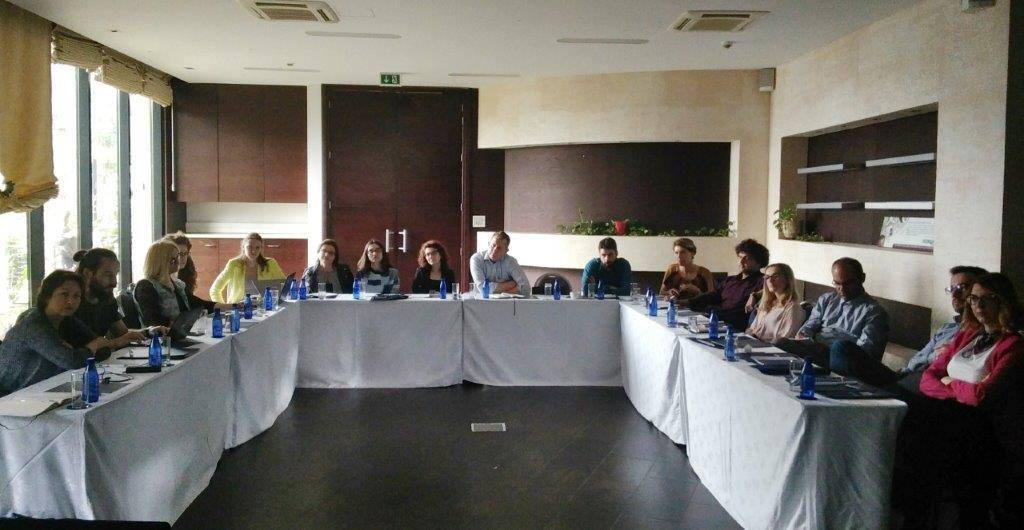
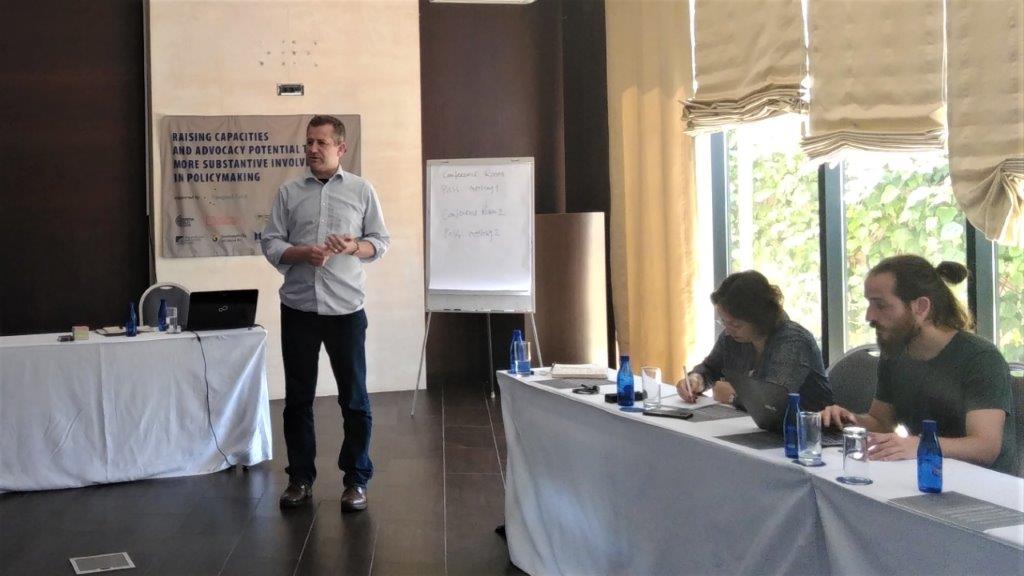
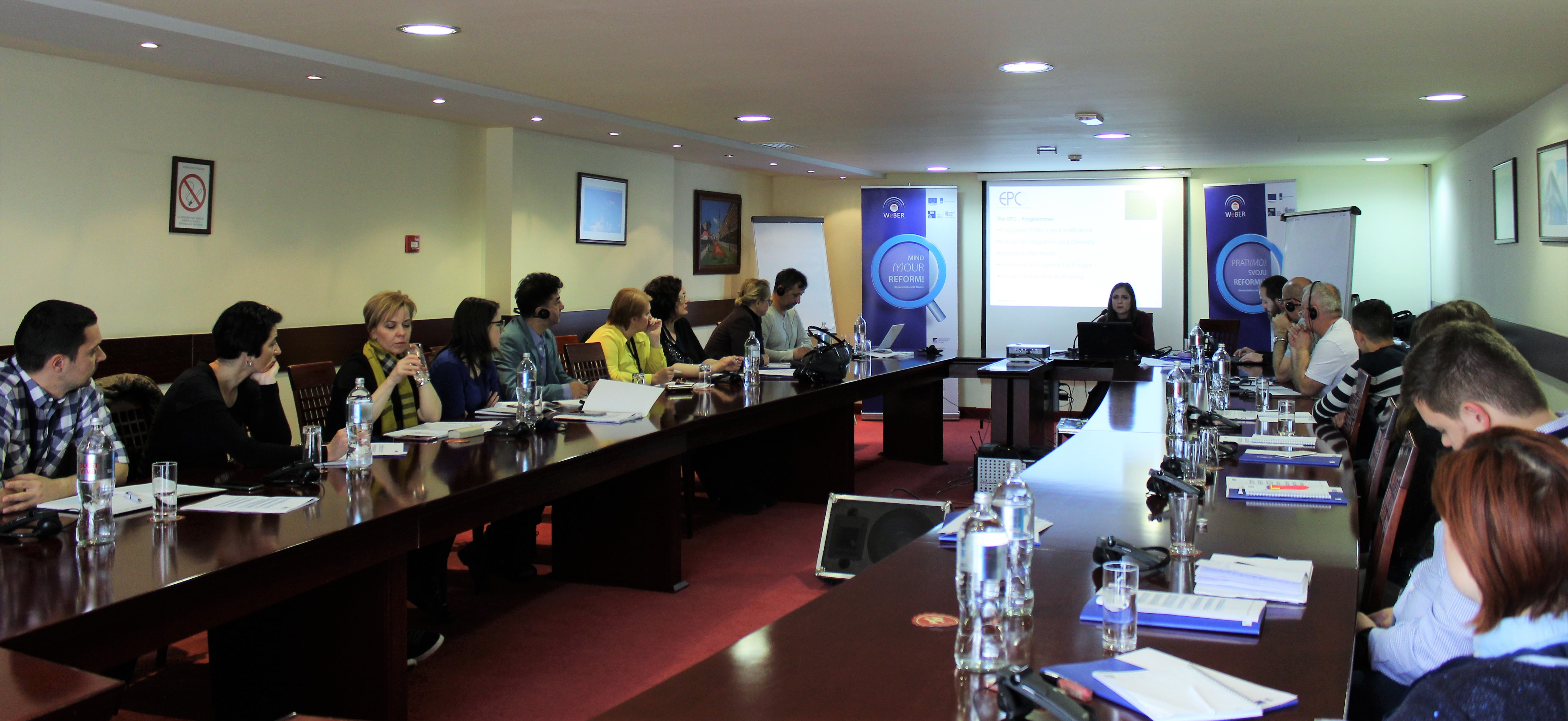
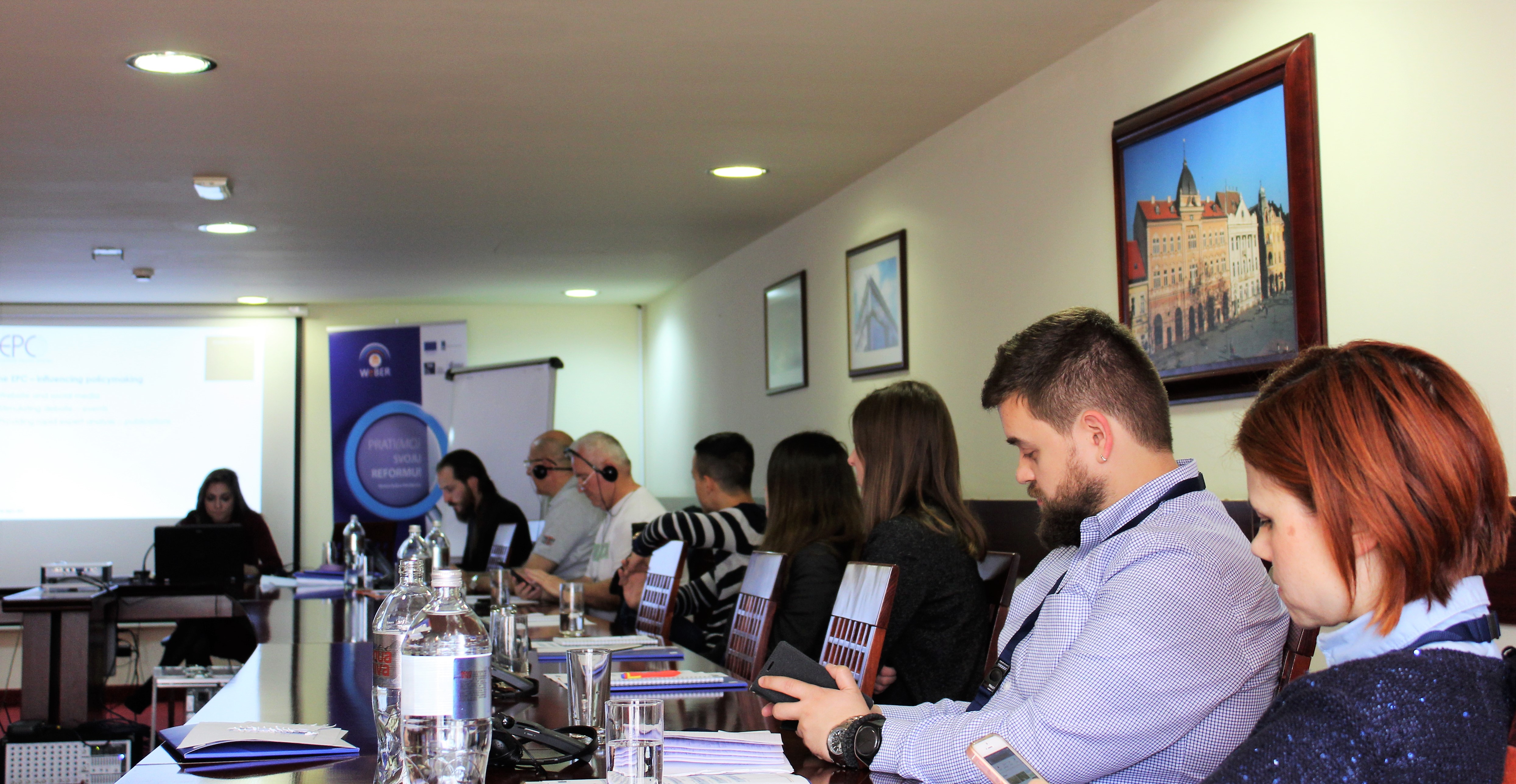
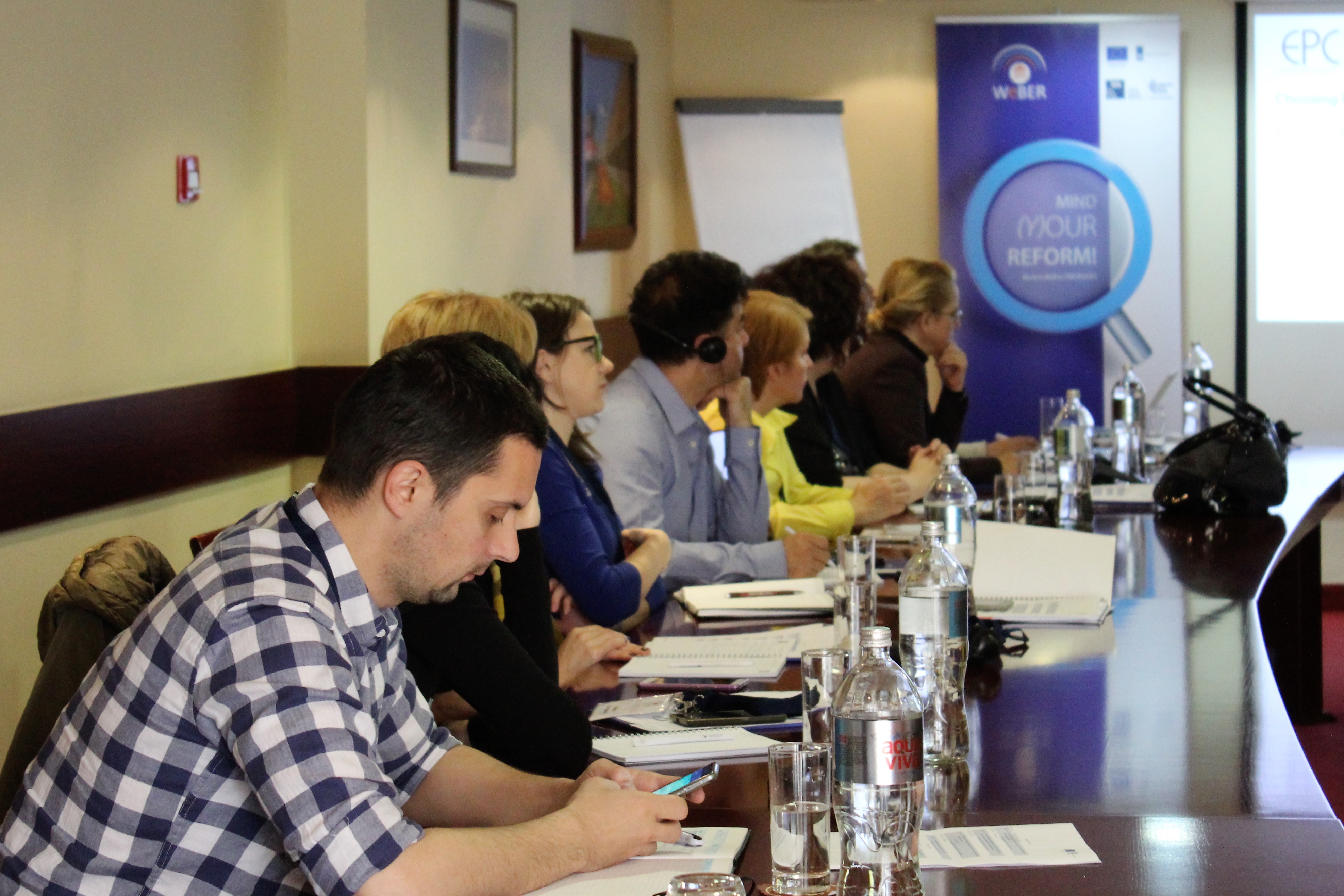
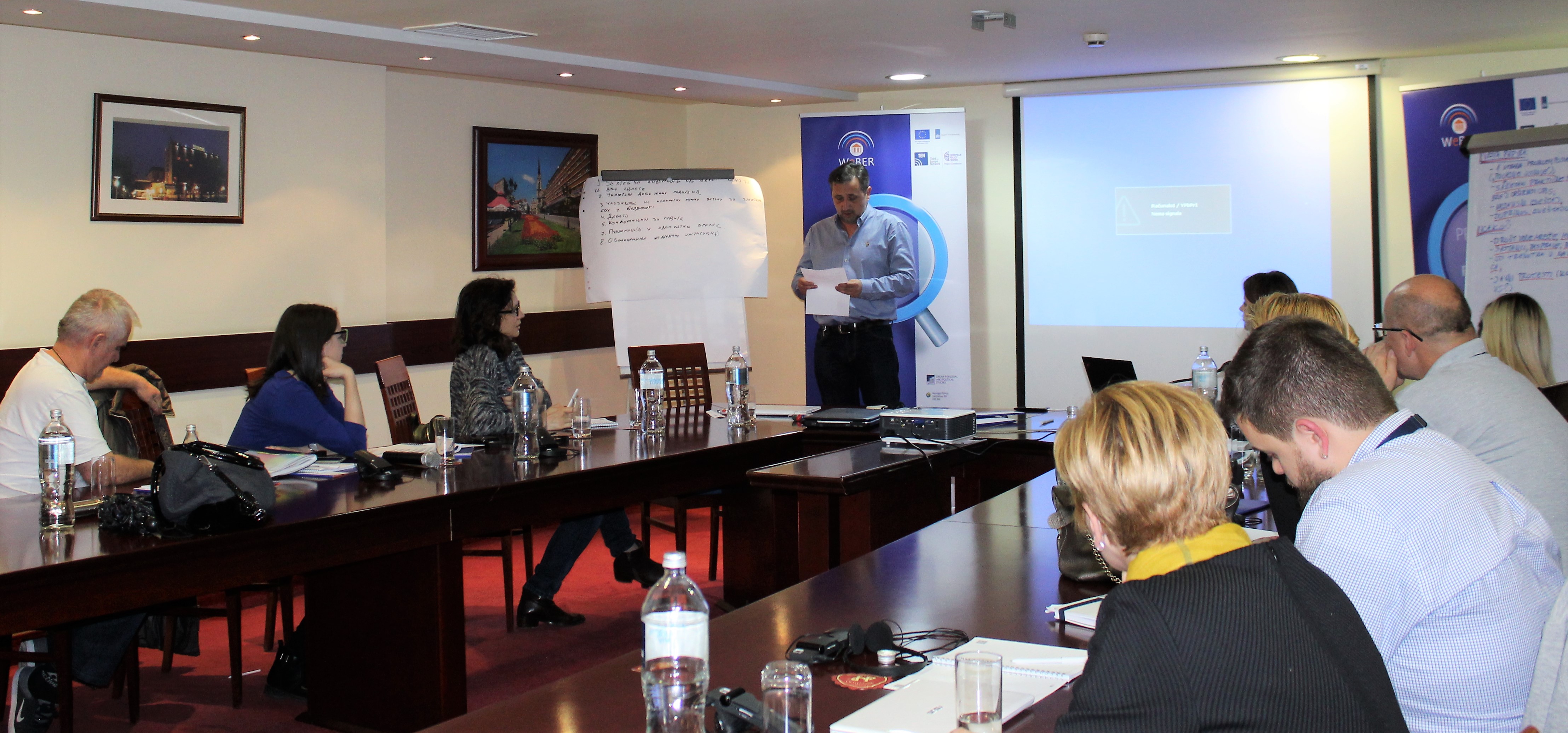
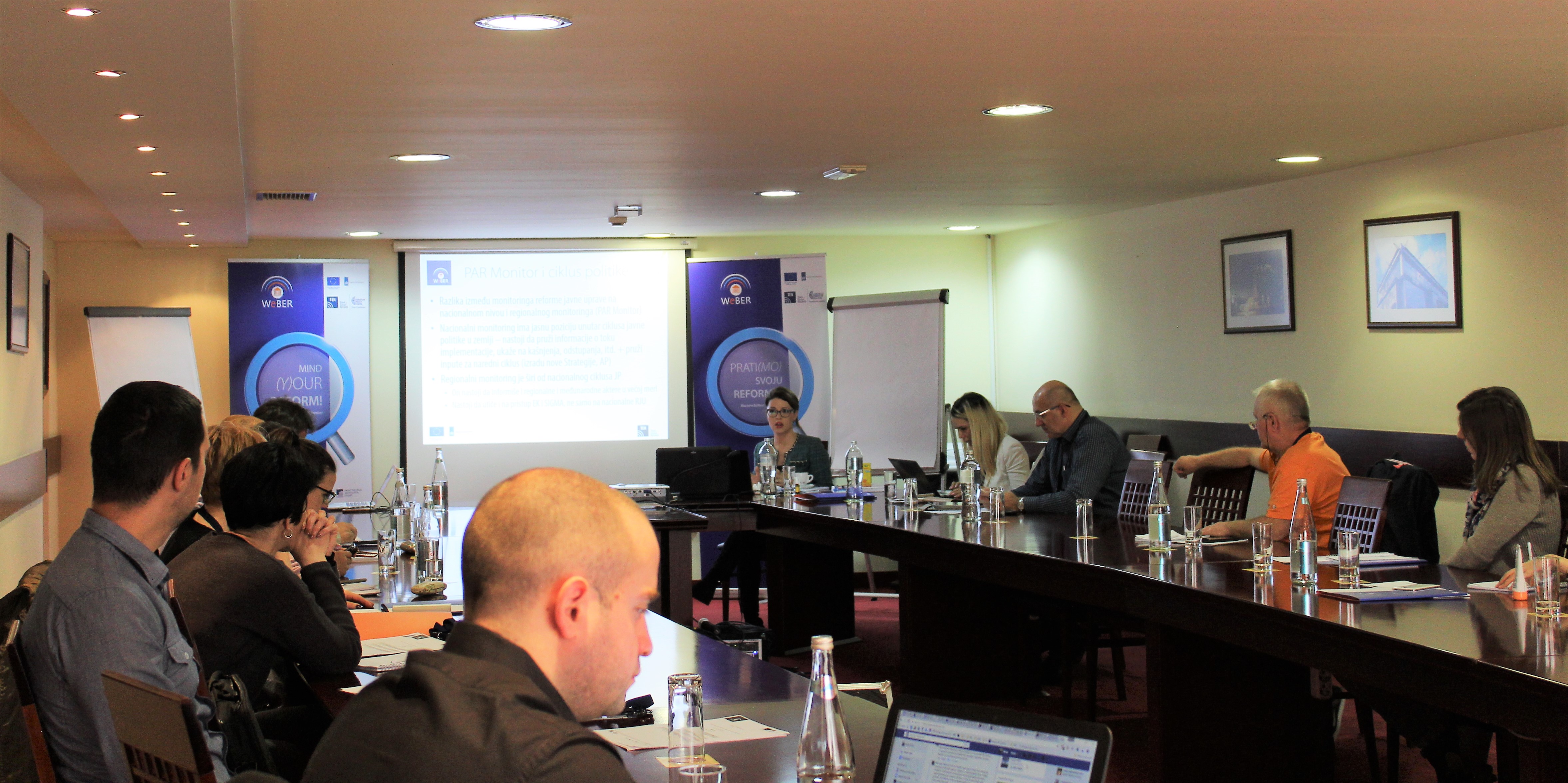
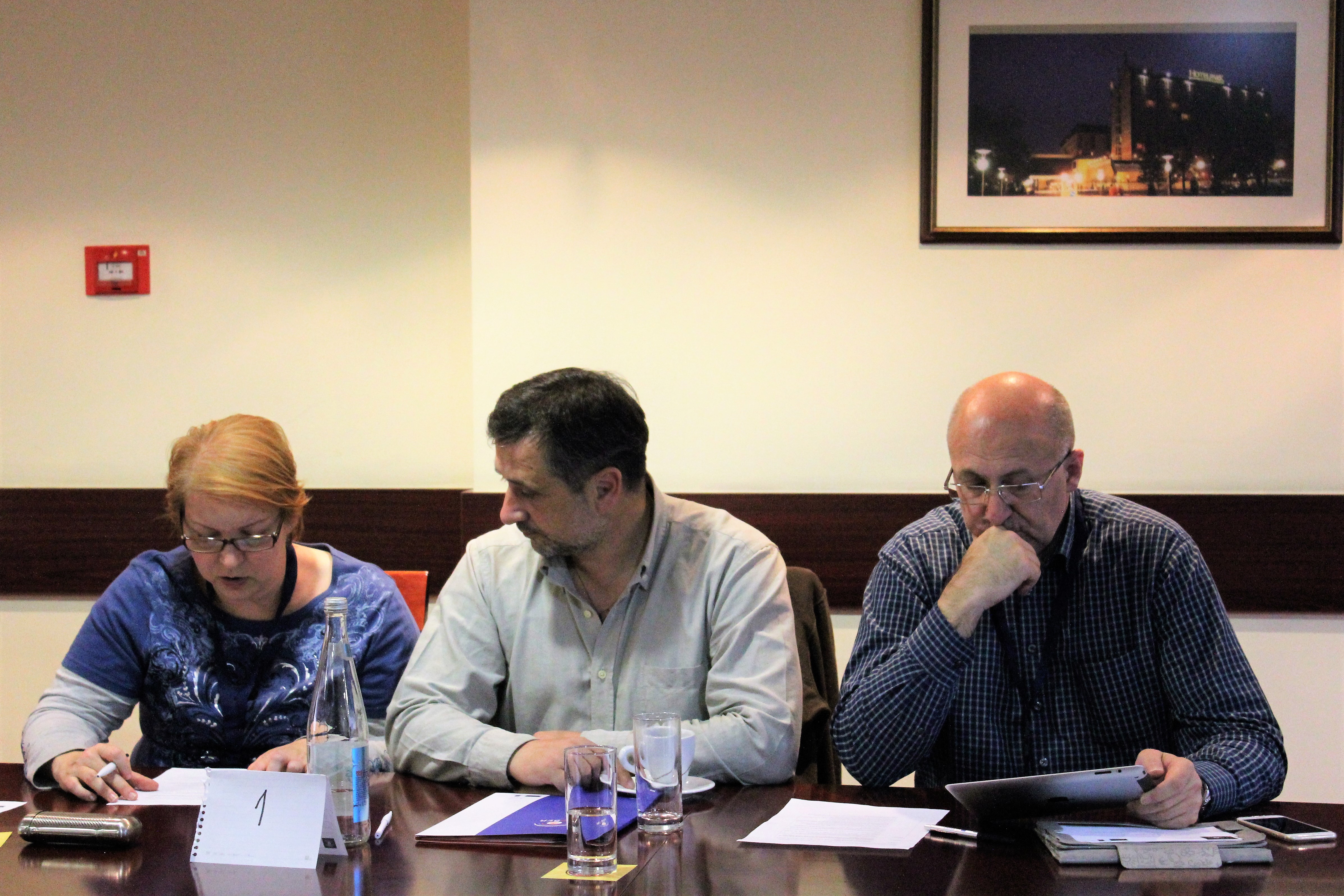
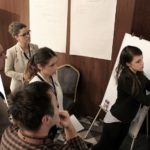

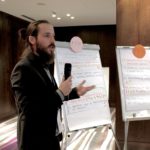
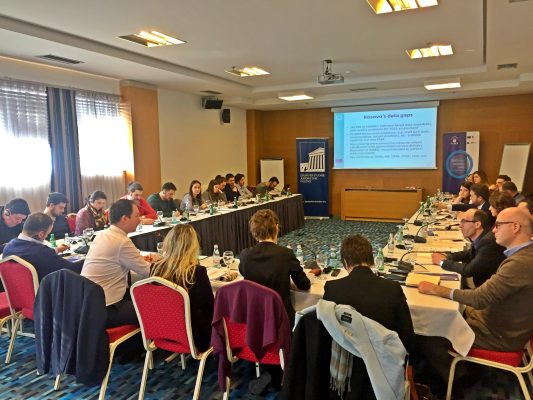 On 26 January 2017,
On 26 January 2017, 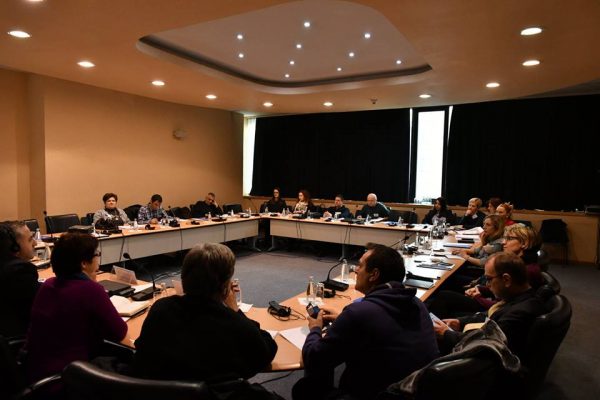 Seminar in Sarajevo was held on 30th and 31st January 2017 and more than 30 representatives of CSOs from Bosnia and Herzegovina had the opportunity to hear SIGMA experts Mr. Vehar and Mr. Tunyan on the framework of Principles of Public Administration, and to participate in workshops. The event was hosted by the
Seminar in Sarajevo was held on 30th and 31st January 2017 and more than 30 representatives of CSOs from Bosnia and Herzegovina had the opportunity to hear SIGMA experts Mr. Vehar and Mr. Tunyan on the framework of Principles of Public Administration, and to participate in workshops. The event was hosted by the 